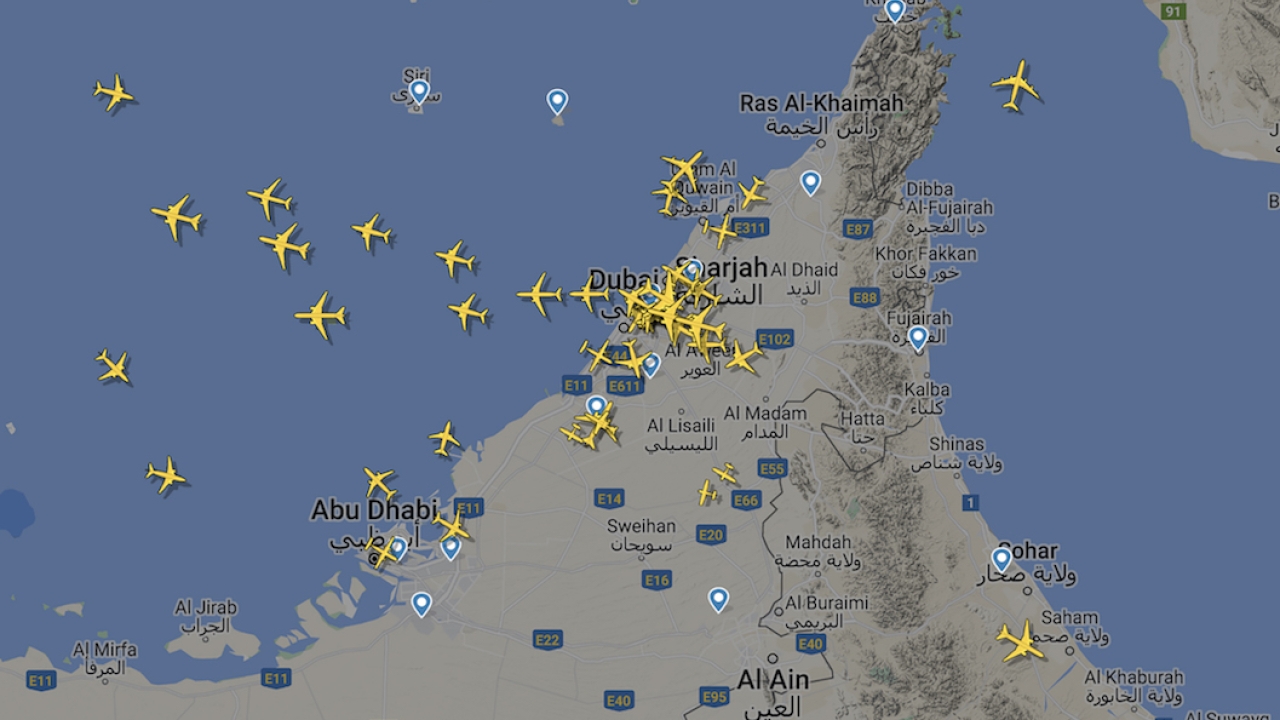New European Union regulation to affect Middle East aviation
A new European reporting regulation is intended to encourage an open aviation safety culture and has implications for Middle East organisations aligned to European standards. Chuck Grieve reports.

The ancient Greek historian, Plutarch, recognised the folly of killing the messenger who brought bad news.
Despite ample evidence to support that view, some modern cultures continue to punish people for reporting mistakes that, if acted upon, could save lives.
Now the European Union (EU) is taking steps to promote a ‘just culture’ throughout its jurisdiction and in regions aligned to its standards.
EU Regulation 376/2014, which requires aviation organisations in the EU to adopt and maintain a proactive, evidence-based approach to open reporting of safety occurrences, comes into effect on November 15.
It aims to do that by eliminating what safety experts see as the inappropriate punishment of front-line staff for genuine mistakes, which can lead to concealing errors.
For organisations across the Middle East that are aligned to European Aviation Safety Agency (EASA) and EU regulations, the new ‘just culture’ regulation is an important step in incident reporting and in ensuring safety across the industry.
“As air traffic continues to increase and the technical complexity of modern aircraft grows, it is becoming even more important to understand and recognise potential risks,” said Sean Parker, focal for safety reporting for the UK Civil Aviation Authority (UK CAA). “Honest and open reporting of incidents is the first step in developing this understanding.”
Experience shows that accidents are often preceded by similar safety-related risks and incidents – many of which go unreported. For example, eight days before the Taipei Chiang Kai-shek airport disaster in 2000, a pilot in poor visibility almost mistook runway 05R for take-off, despite the runway being closed for construction. This incident was not reported so no action was taken – and just days later, SIA Flight 006 made the same mistake. The aircraft crashed into heavy plant on the runway, killing 83 of its 179 occupants.
This is exactly what the new regulation aims to prevent, said Parker. “It’s important that employees report incidents for a number of reasons, but primarily so that people understand when something has gone wrong and can learn from that incident and put in place measures to prevent it from happening again, potentially with more severe consequences.”
In the UK, ‘just culture’ principles have always been central to the investigation of air safety occurrences and are currently applied by UK law. The UK CAA has experience of this culture and contributed to the new EU regulation.
EU Regulation 376/2014 encompasses a broad range of organisations, some of which are not currently directly regulated by the aviation authorities, such as ground-handling organisations.
It also introduces the requirement for aviation organisations to adopt processes that guarantee the implementation of a ‘just culture’ – a “challenging move” that could bring real change, said Parker.
“We recognise transformation to a ‘just culture’ cannot happen overnight. Organisations need to overcome the behaviours that prevent occurrences being reported. They must ensure that their front-line staff won’t be punished as a result of reporting safety hazards or high-risk occurrences – and that staff believe this to be true.”
For organisations in the Middle East that aim to comply with the new EU regulation in November, the UK CAA urges that preparation starts now. Organisations should develop clear reporting processes, organisation-wide communication and effective training for all employees from front-line staff, line managers to senior management.
Even more important is analysing and acting on information provided, taking appropriate corrective and preventive action where required. Without this, said Parker, no benefit will be derived from the reporting process and “staff may even lose confidence in the system and stop reporting incidents all together”.
“The sooner the whole industry worldwide can adopt effective open and honest reporting systems, the more sophisticated safety information and risk detection will become.”
• For more information see www.caainternational.com/justculture
Stay up to date
Subscribe to the free Times Aerospace newsletter and receive the latest content every week. We'll never share your email address.

